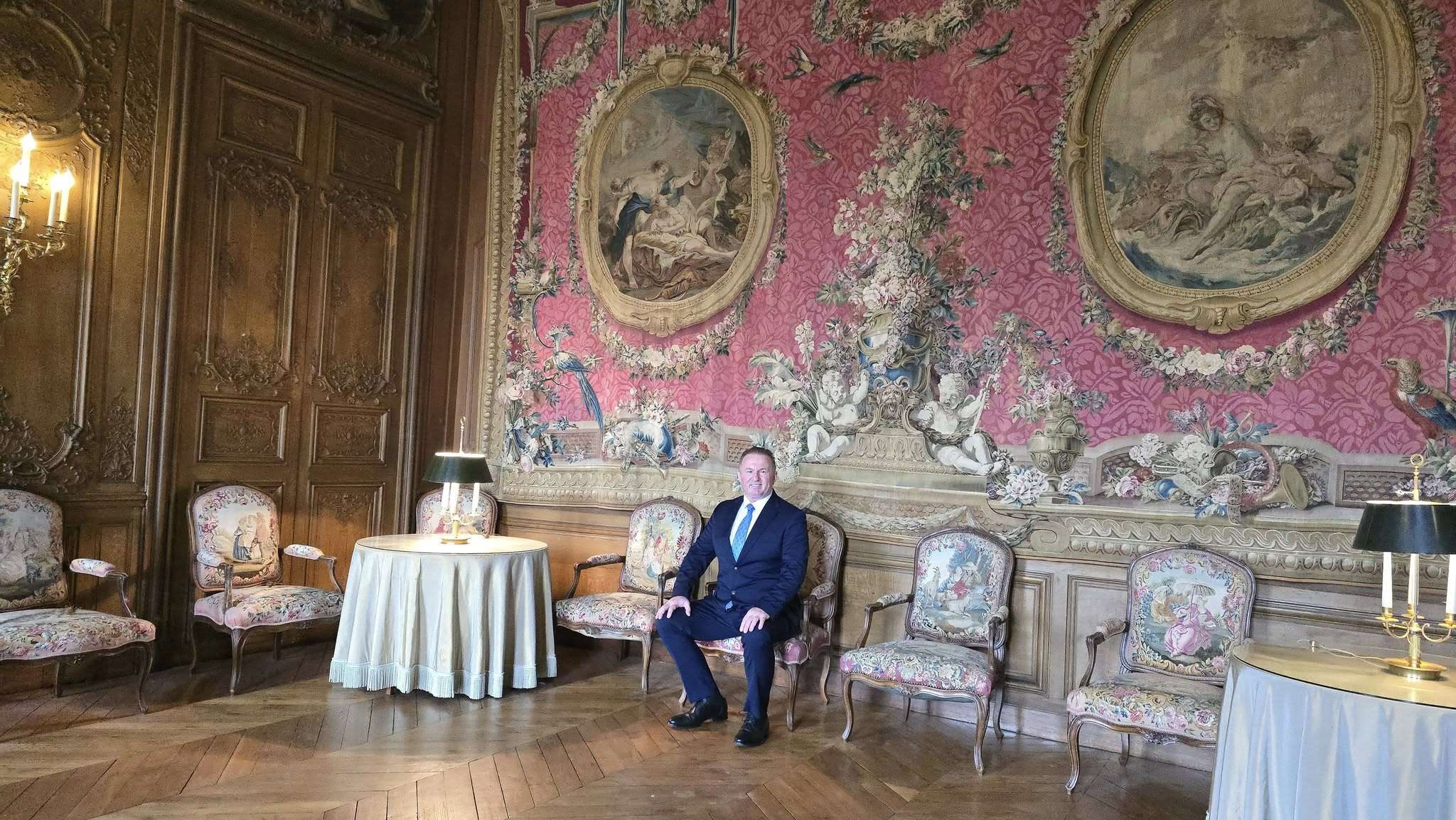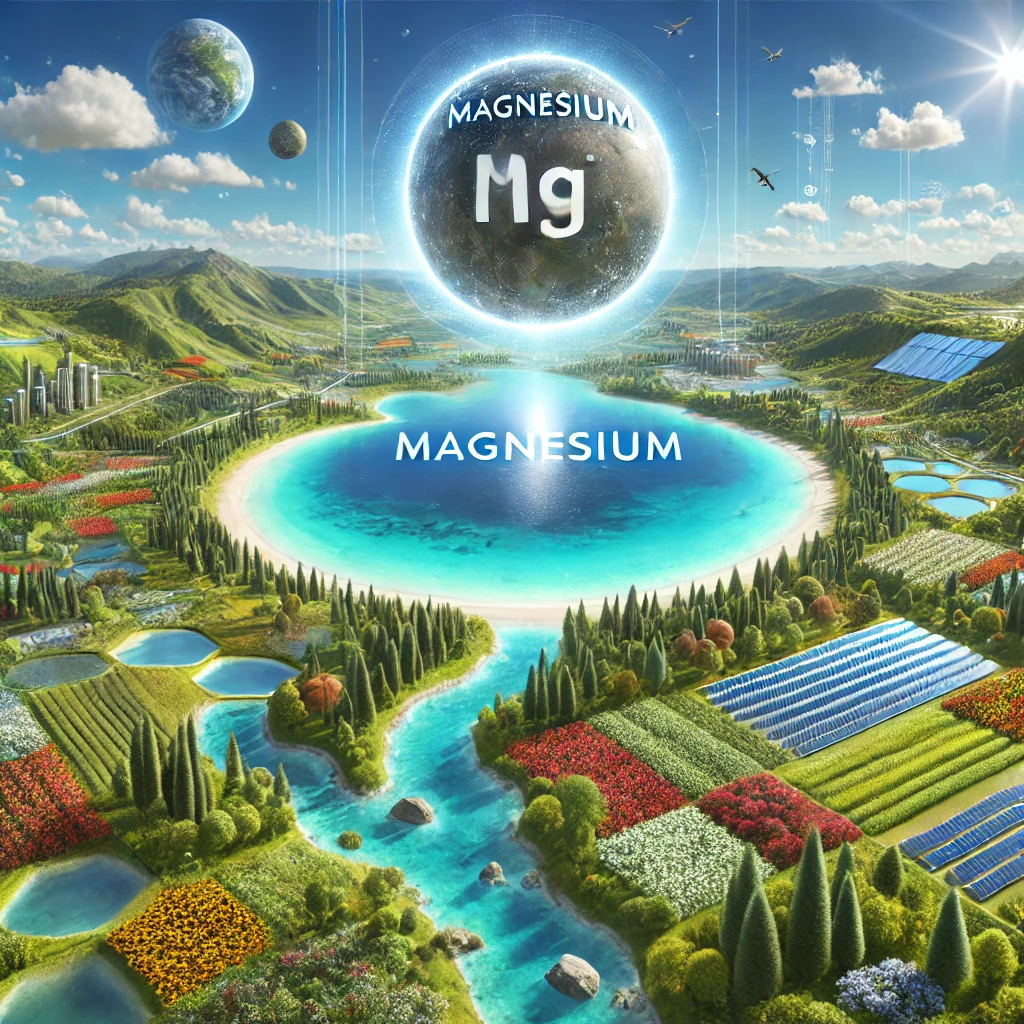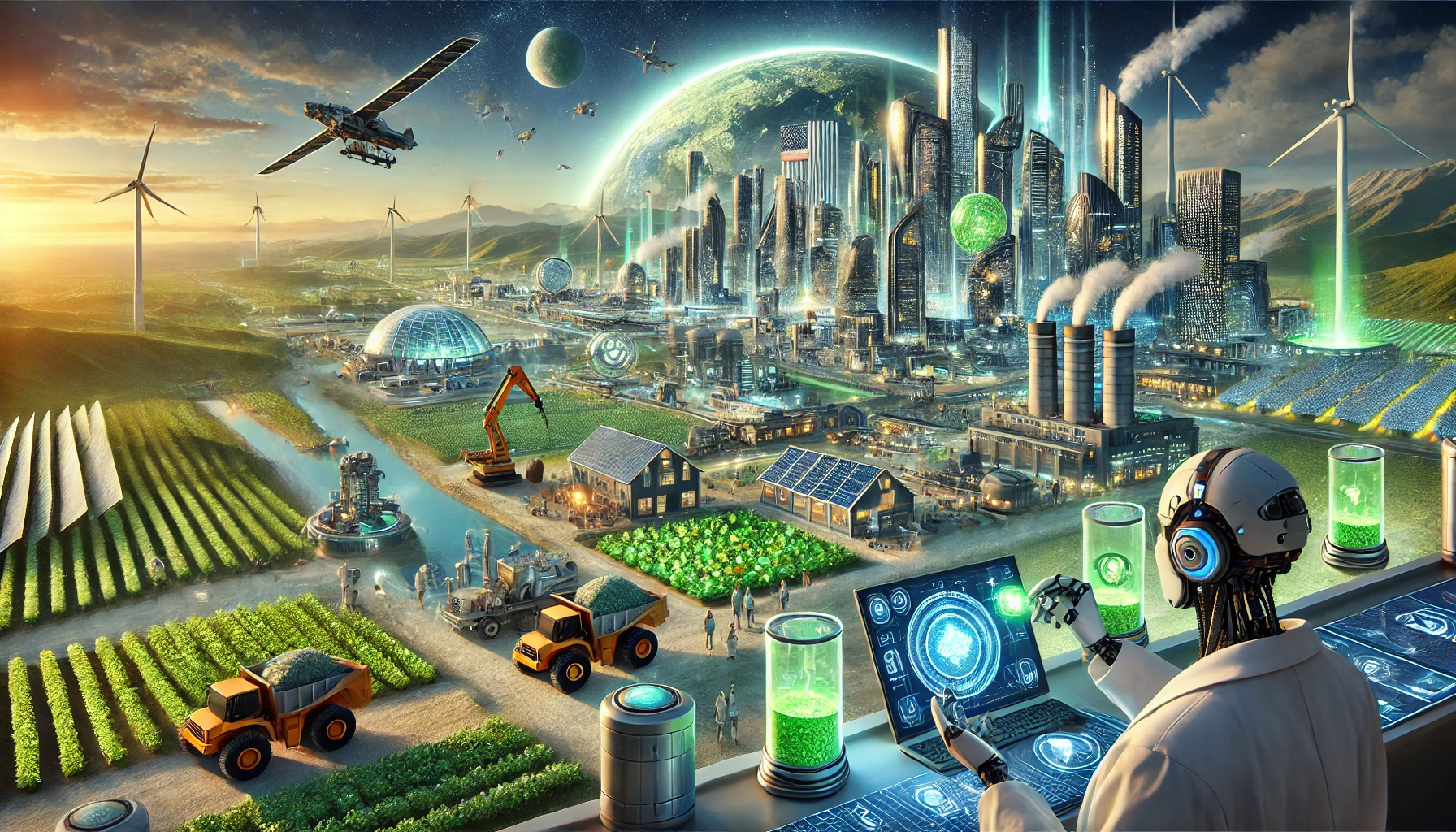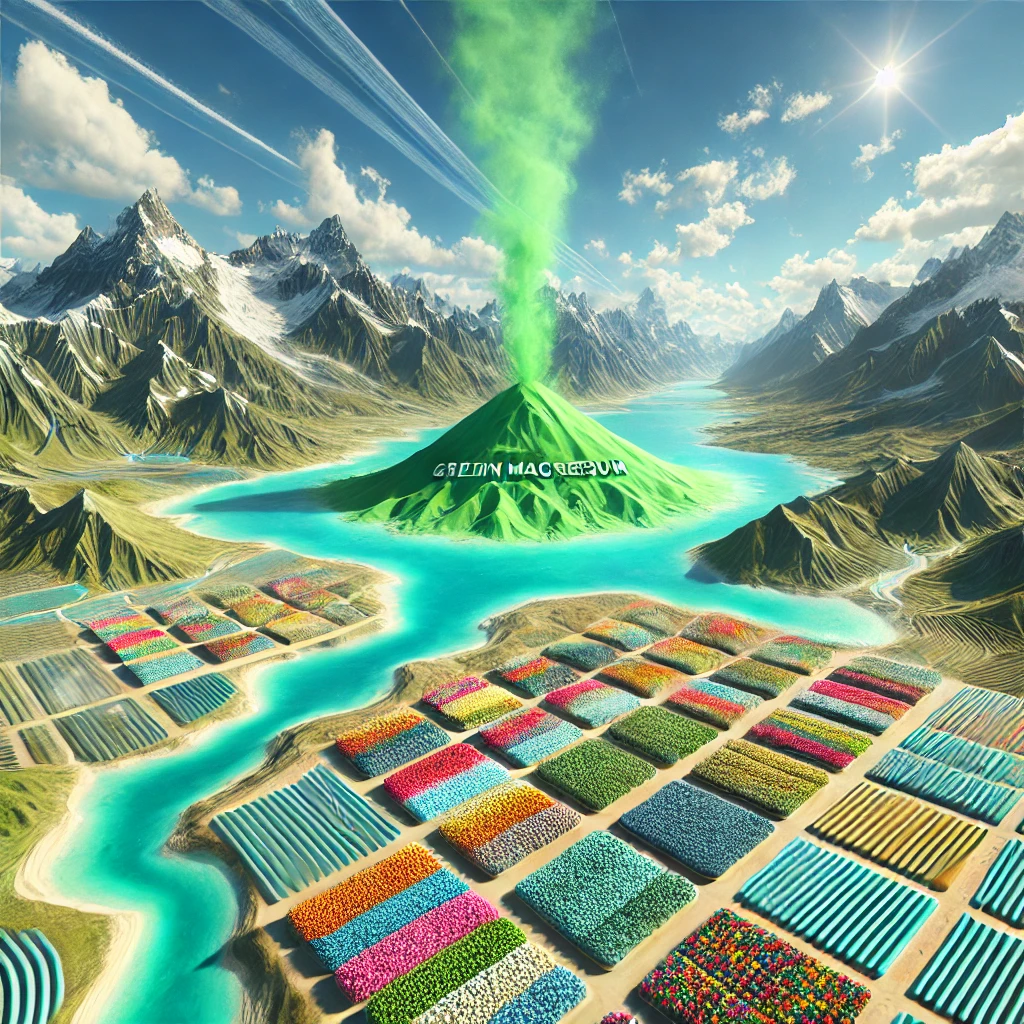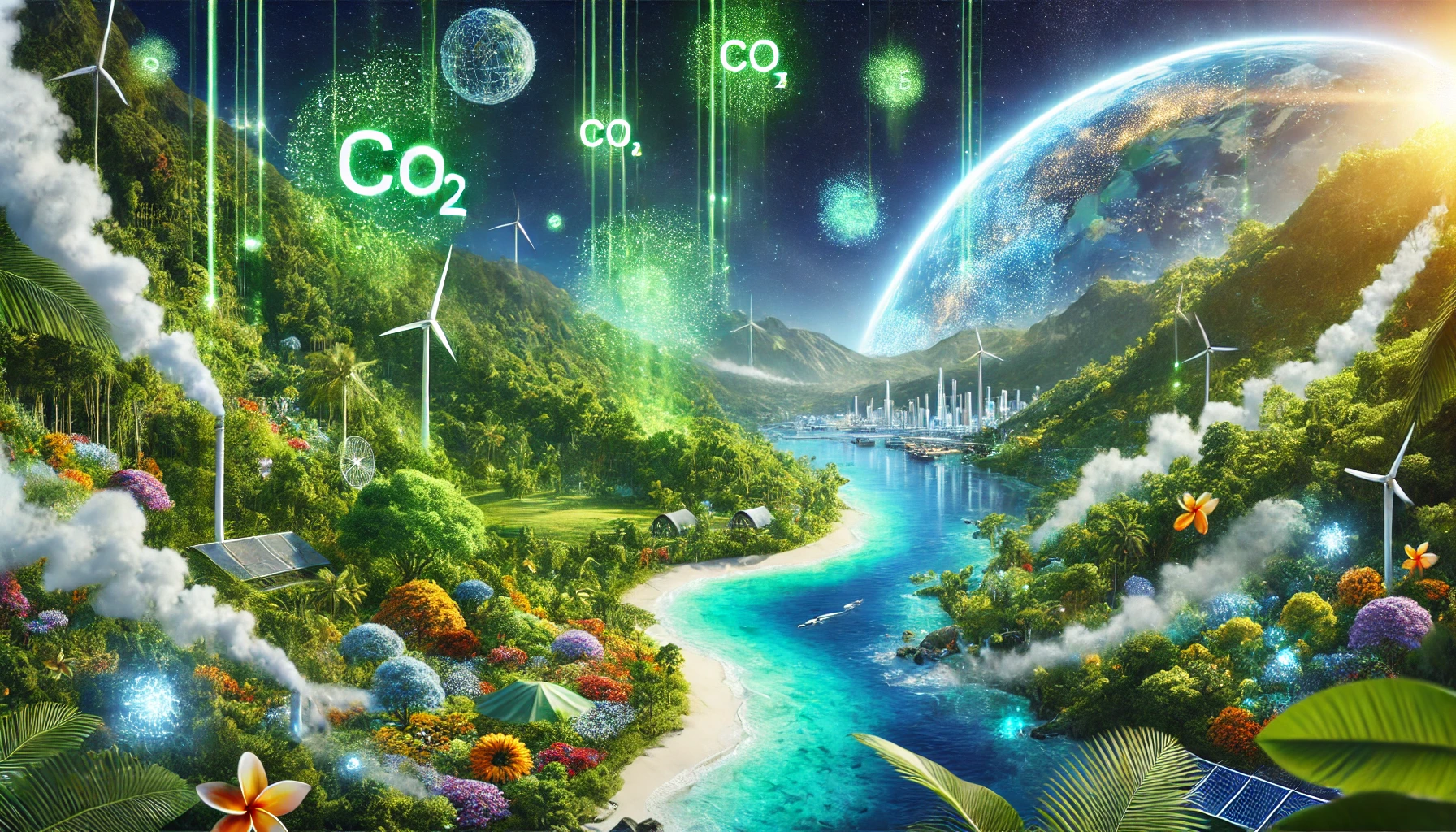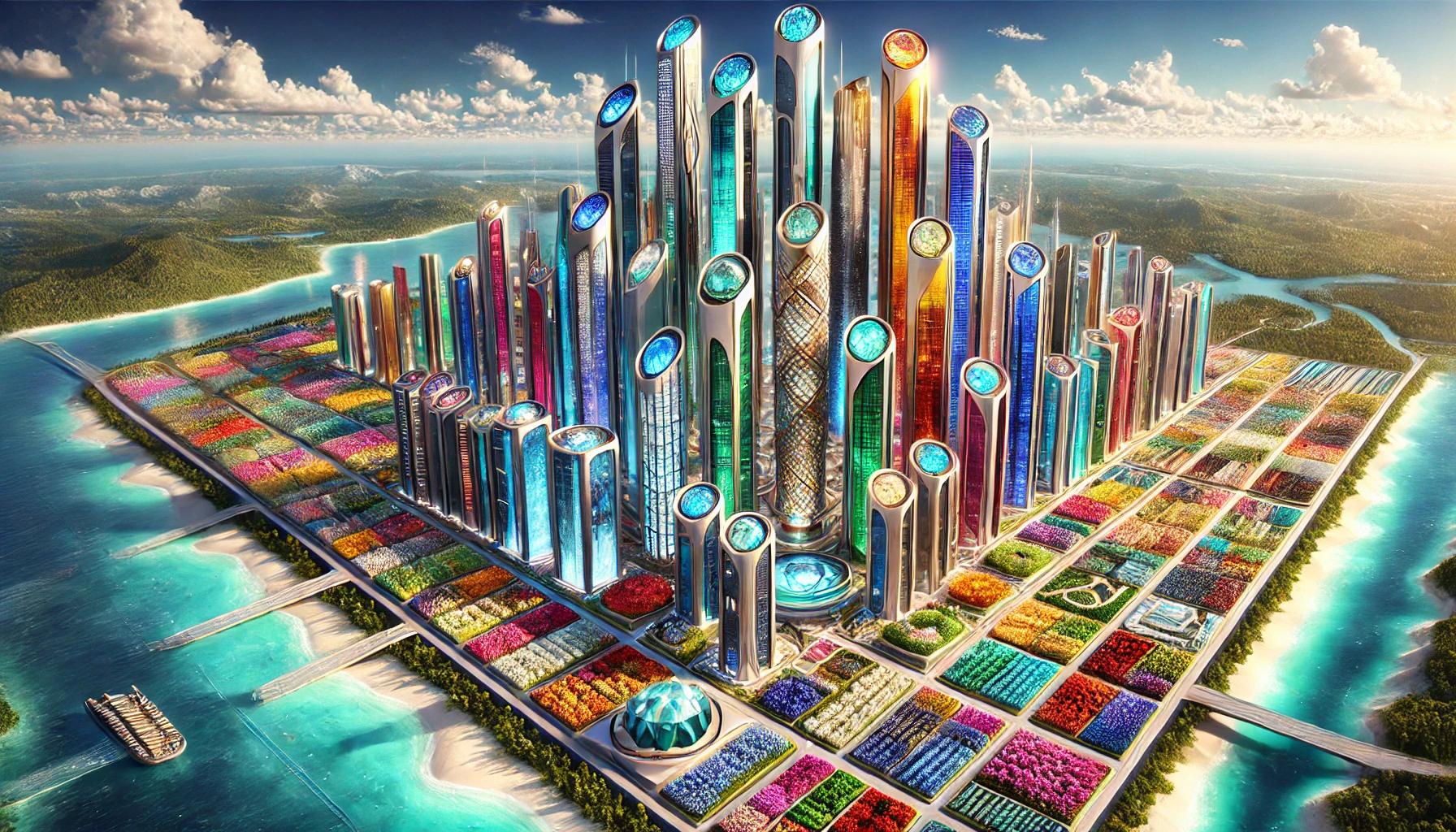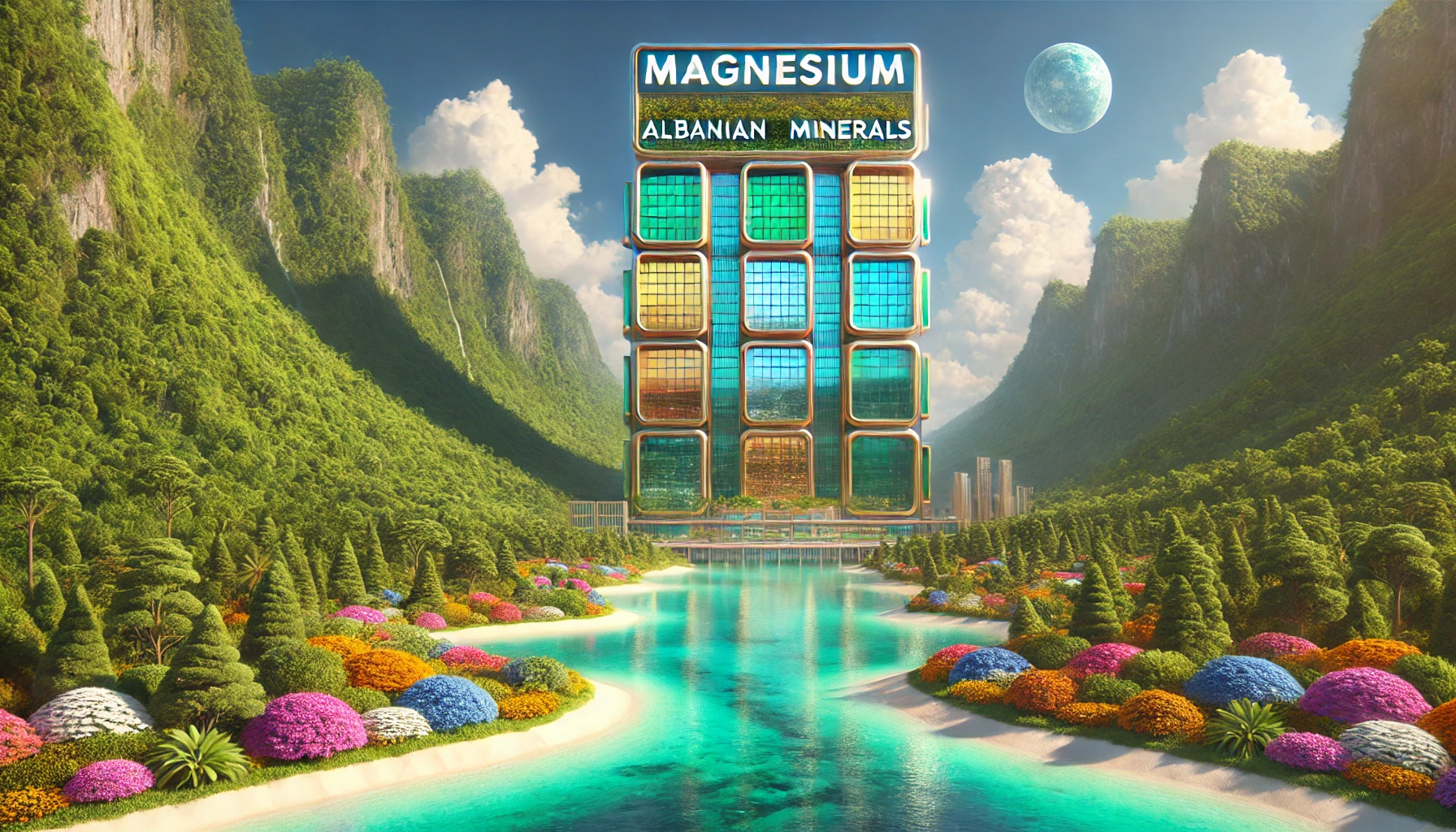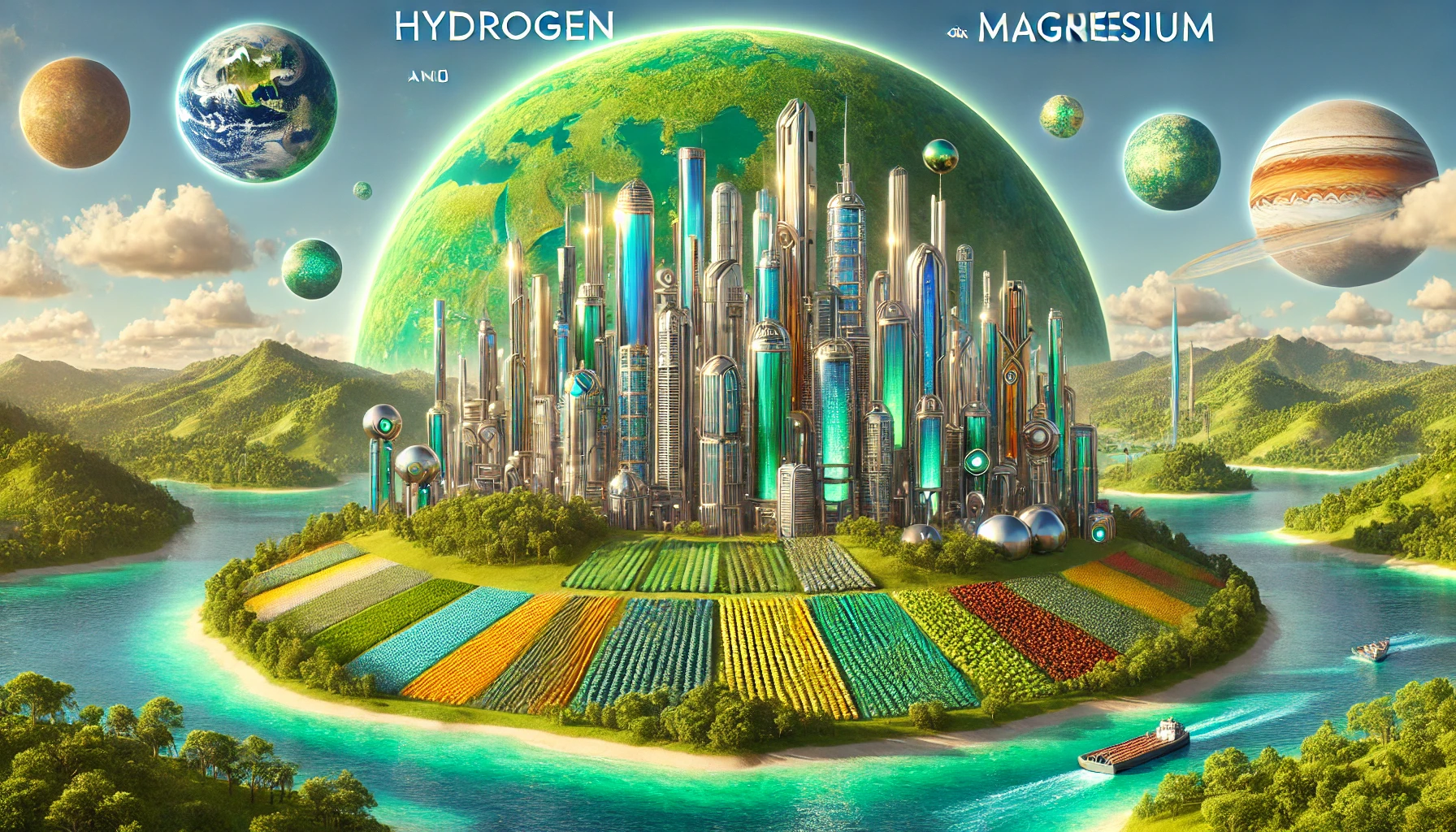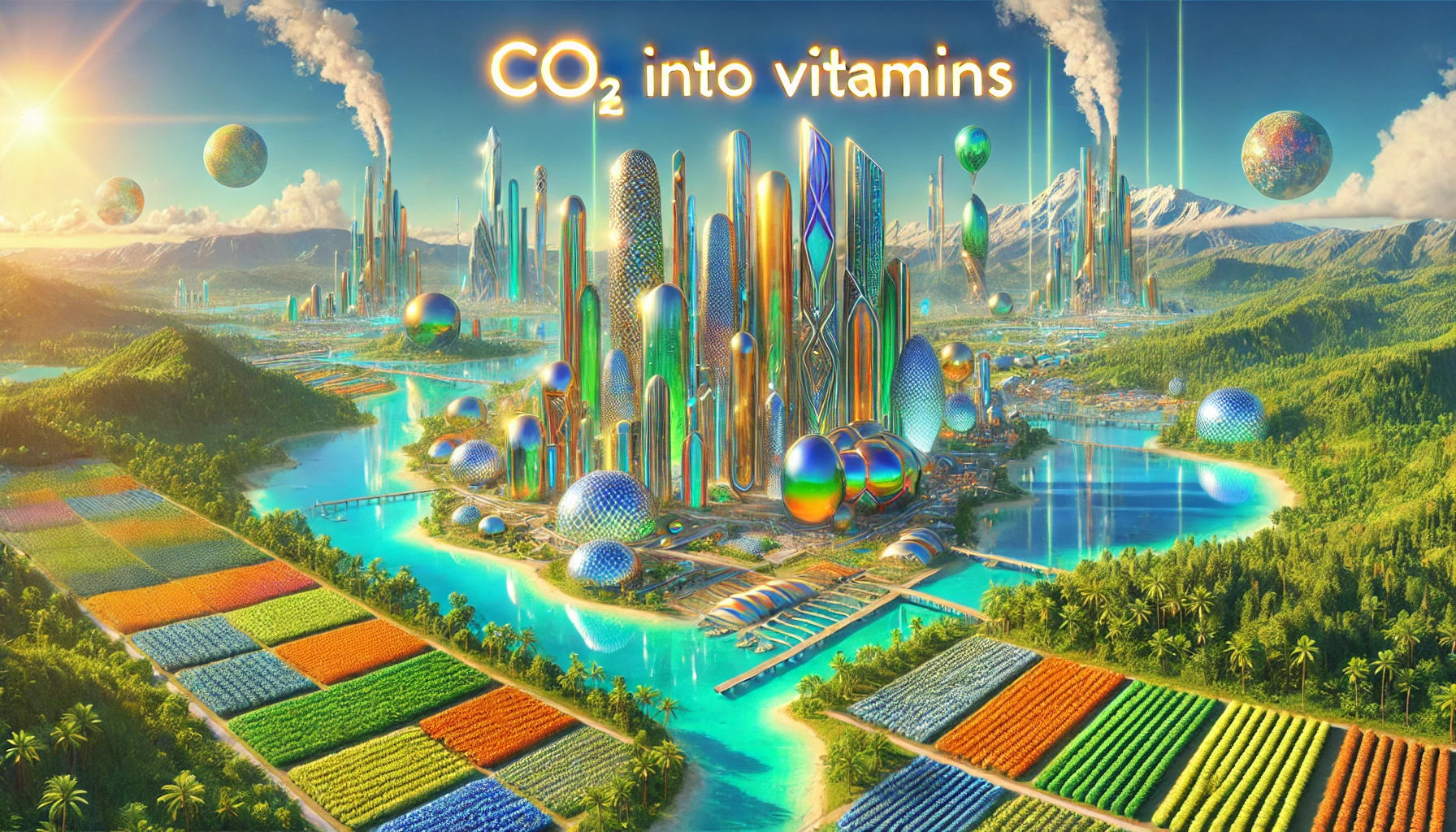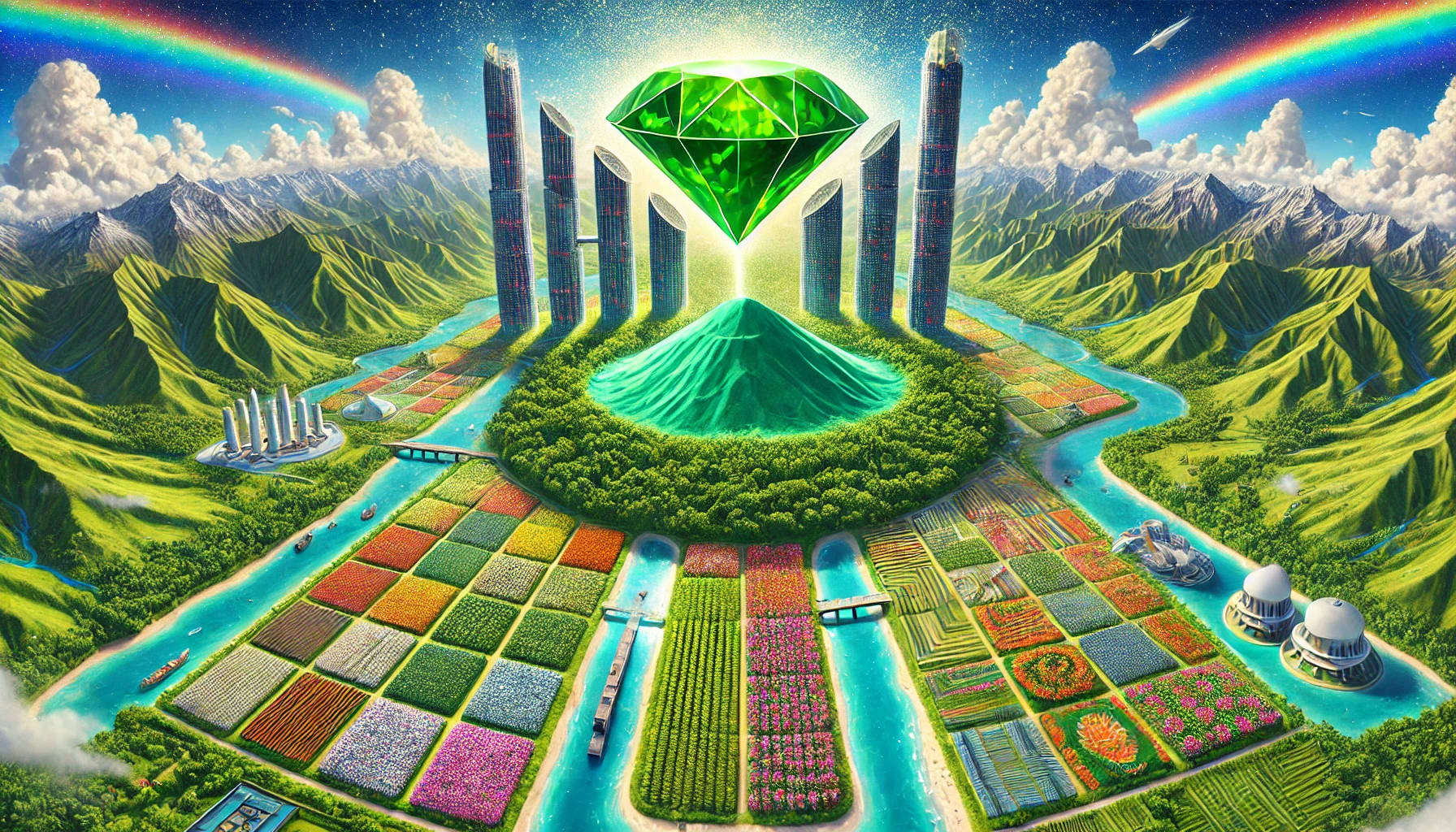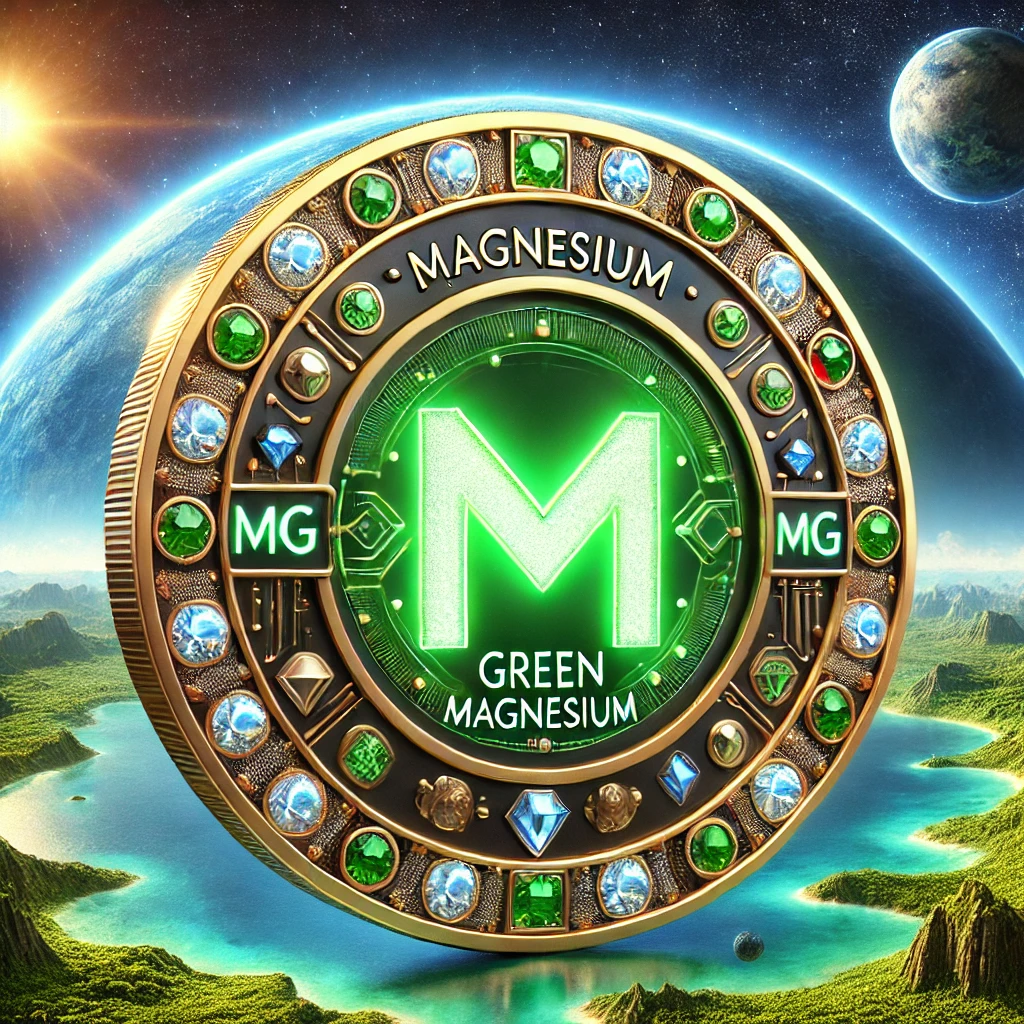
Across the tapestry of human progress, few elements resonate with the primordial essence of life as profoundly as water. From its crystalline cascades in untouched alpine springs to the rhythmic ebb and flow of ocean tides, water has nourished, inspired, and sustained civilizations through millennia. Yet, in the 21st century, this sacred resource stands imperiled, its purity compromised by the weight of industrialization and human neglect. A renaissance in environmental science now emerges, weaving together technology, innovation, and ecological reverence to confront the daunting challenge of global water pollution.
The statistics paint a somber tableau. The World Health Organization reveals a dire truth: unsafe drinking water, combined with inadequate sanitation, contributes to 88 percent of deaths from diarrheal diseases, claiming the lives of 900 children under five each day, a tragedy unfolding every two minutes. Each year, approximately 3.5 million lives are lost due to waterborne illnesses, an alarming testament to humanity’s failure to safeguard its most vital resource.
Yet, within this crisis lies profound opportunity. The United Nations Sustainable Development Goals enshrine the vision of equitable access to clean water and sanitation by 2030, an aspiration that seeks not only to improve health outcomes but also to dismantle gender disparities. In regions such as Africa, women and girls often dedicate up to six hours daily to water collection. Achieving universal water access can liberate these individuals, unlocking their potential to contribute more fully to education, economic activities, and community well-being.
Water is more than a resource; it is the lifeblood of our planet. From quenching our thirst to sustaining agriculture, energy production, and ecosystems, its role is irreplaceable. Despite its ubiquity, 2.2 billion people worldwide endure limited access to safe drinking water. Projections indicate that by 2025, half the global population will live in water-stressed regions, a stark reminder of the urgency for action.
Sahit Muja, a visionary leader and Founder of Global Mining, Green Minerals, and Albanian Minerals, eloquently captures this truth: “Water is the essence of existence. Its presence within the human body and its indispensability to life underscore its sacred role. Investing in sustainable water management is not merely an economic imperative but a moral obligation to future generations.”
Muja’s philosophy intertwines ecological stewardship with advanced scientific inquiry. He underscores the necessity of equitable access, water quality preservation, and conservation as fundamental pillars of sustainability. Addressing the dual crises of water pollution and scarcity demands a confluence of international cooperation, technological ingenuity, and grassroots engagement.
Nature, as ever, offers profound lessons. The intrinsic filtration mechanisms of minerals, forests, and soil exemplify elegant simplicity and unparalleled efficiency. Muja’s work in Tropoje, Albania, a region of unparalleled natural beauty and mineral wealth, underscores the critical role of green magnesium, a mineral with remarkable properties. Its ability to combat climate change, capture carbon dioxide, and purify water embodies the harmony of science and nature.
Tropoje, Albania pristine landscapes, abundant in green magnesium reserves, provide a living laboratory for innovation. Collaborating with international experts from the United States, Japan, and China, Muja has spearheaded the development of green magnesium-based water purification systems. These efforts integrate artificial intelligence with green mineral technology, forging a path towards revolutionary advancements in water treatment.
“Nature’s wisdom is a beacon,” Muja reflects. “By emulating its processes, we unlock sustainable methodologies that honor the Earth’s integrity while addressing humanity’s needs.”
The Alpine region, celebrated for its pristine waters, serves as a model for global efforts to preserve and enhance water quality. Spanning countries such as Albania, Montenegro, Kosovo, and Italy, this region’s untouched ecosystems and crystalline springs illuminate the possibilities of sustainable resource management. Tropoje, in particular, emerges as a jewel in this narrative, where the synergy of natural resources and innovative science sets a global standard.
Magnesium’s role extends beyond filtration. By capturing atmospheric carbon dioxide, it mitigates ocean acidification, contributing to the broader fight against climate change. Its integration into water purification systems exemplifies the marriage of ancient mineral wisdom and cutting-edge technology.
Sahit Muja’s pioneering work reflects a profound commitment to environmental stewardship. His endeavors transcend business success, embodying a vision where humanity and nature thrive in harmony. “Water is finite and precious,” Muja emphasizes. “Recognizing this truth compels us to innovate, collaborate, and act decisively to secure a sustainable future.”
Through his leadership, Muja exemplifies the transformative power of aligning scientific ingenuity with ecological responsibility. His contributions inspire a global movement, uniting governments, industries, and communities in the shared pursuit of water purity and sustainability.
As the dawn of a new era in environmental science breaks, humanity stands at a crossroads. The challenges of water pollution and scarcity demand an unparalleled unity of purpose. By embracing innovation, honoring nature’s wisdom, and committing to equitable practices, we can forge a future where clean water flows freely, sustaining life and prosperity for generations to come.
In this unfolding journey, the words of Sahit Muja serve as a clarion call: “To protect water is to protect life itself. Let us rise to this sacred duty, guided by vision, innovation, and an unwavering commitment to the well-being of our planet.”














